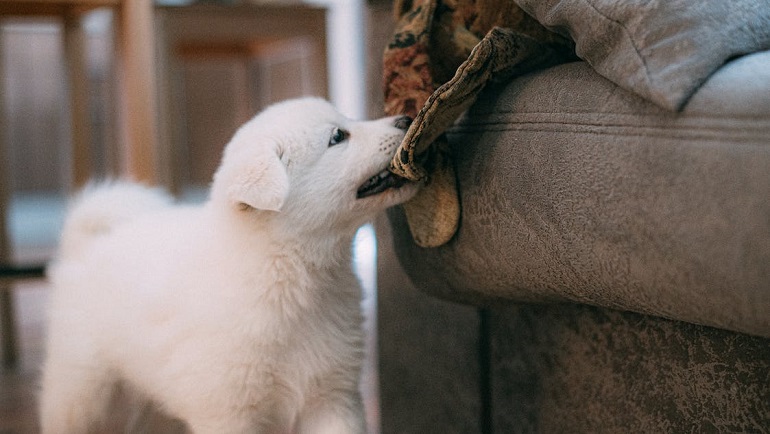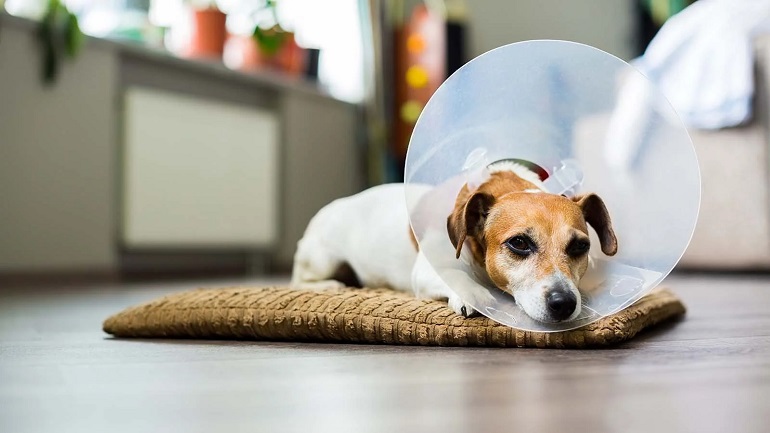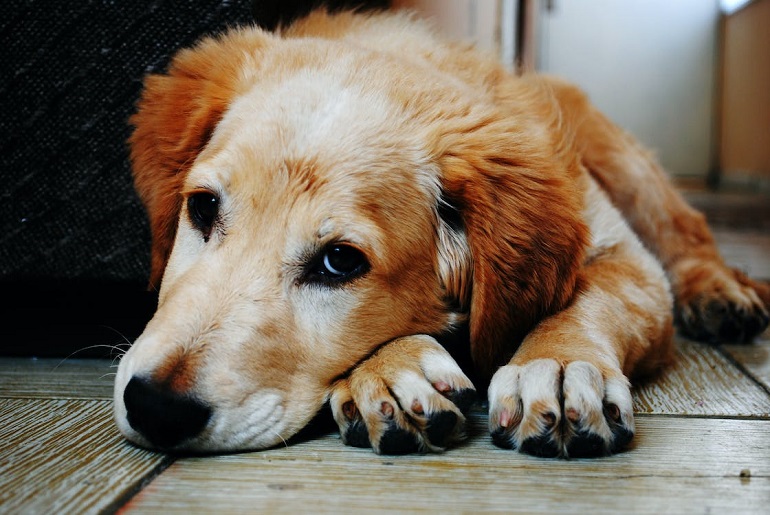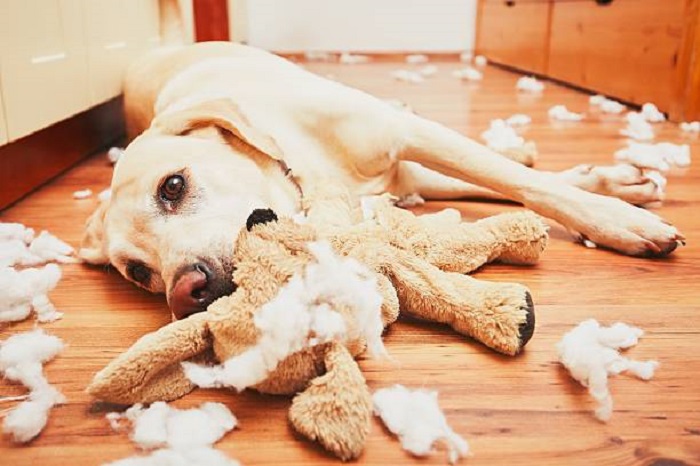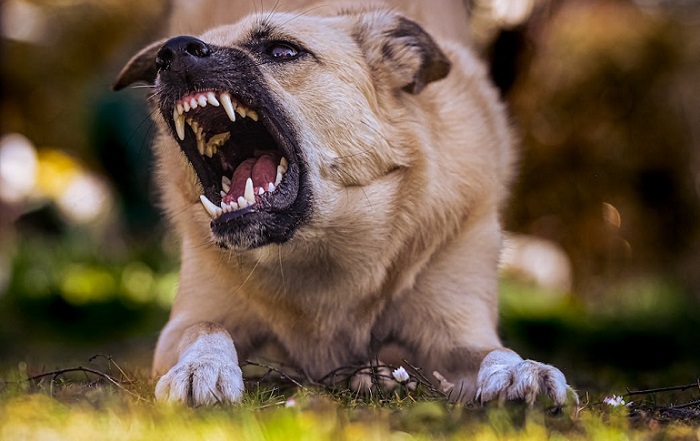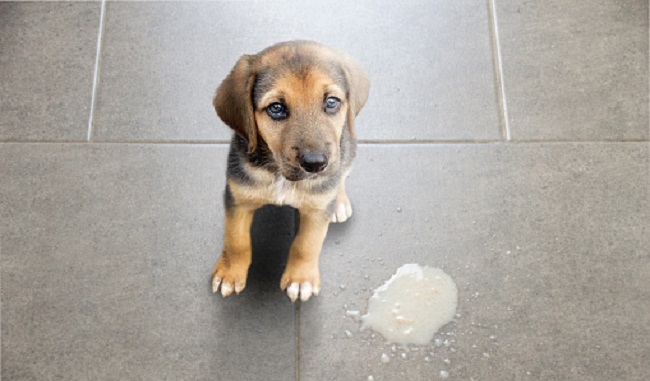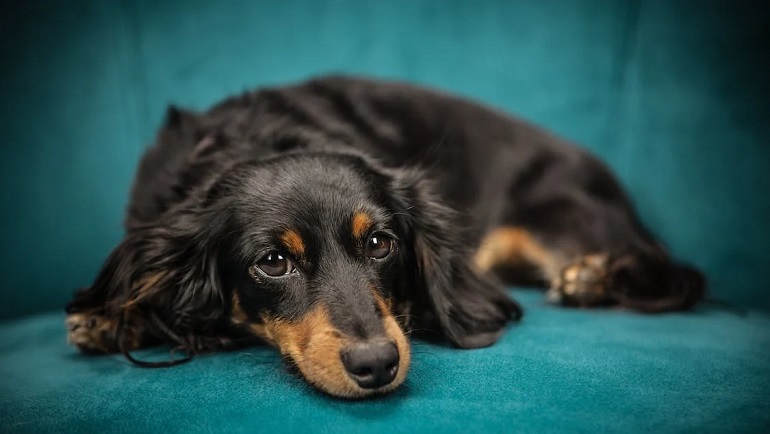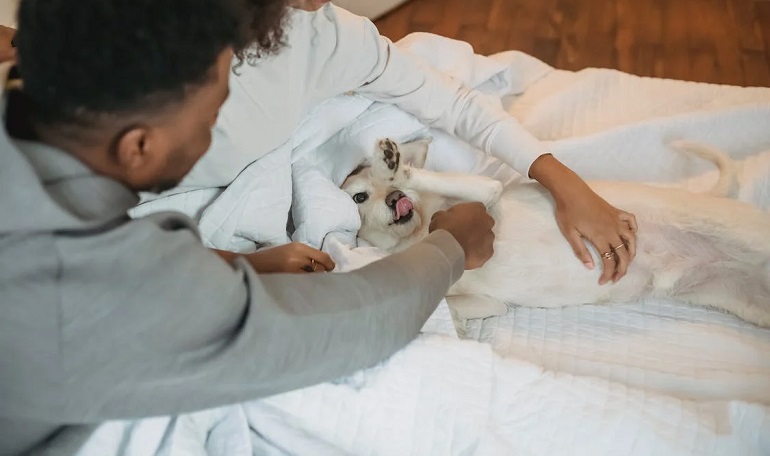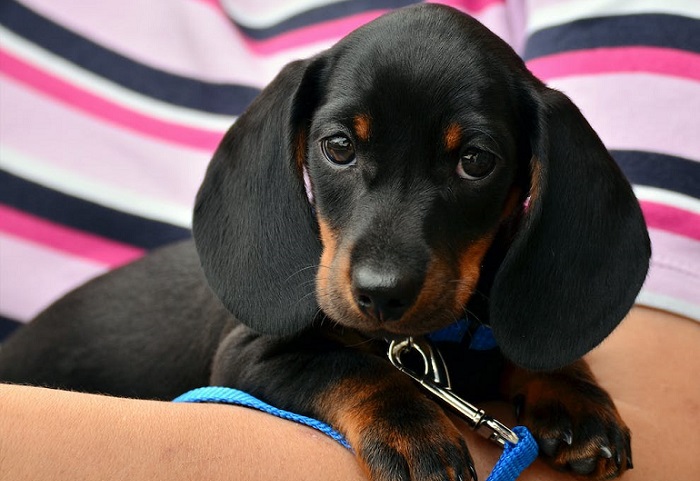Witnessing your furry friend act strangely after neutering can be unsettling. From clinginess and whimpering to a sudden burst of energy or temporary aggression, these post-surgery behavioral shifts are often normal, albeit surprising. This change is driven by fluctuating hormones and the healing process. Understanding why these behaviors occur and learning how to support your dog through this transition is crucial. This guide provides insight into common post-neutering behaviors and offers practical tips to help you cope and ensure a smooth recovery for your beloved companion.
Neutering your dog is definitely up on the list of the most important and best things you can do for male dogs and any other pet. It’s a very safe process that takes only a couple of hours.
Neutering your male dog will involve removing the testicles and comes with several health benefits, such as preventing cancer, prostate disease, or prostate problems, especially if you don’t have any future plans to breed your dog.
But, you can expect that some dogs may develop short-term changes to their behaviors that might concern you. They may be sadder, have more aggressive behavior, your dog’s attitude will change, and they could even bite.
Don’t worry though – there are plenty of ways to help your dog after this process!
So, are you concerned about strange behavior after neutering dogs? No need to worry! Let’s take a look into what you can do, and the effect neutering may have on your dog.
How Will Male Dogs Act after Being Neutered?
Neutering shouldn’t have much of an effect on dog behavior, but that doesn’t mean that there won’t be some temporary short-term changes to your dog.
You might notice your neutered dog is more anxious, clingy to its humans, or even angrier than usual.
You’ll be happy to know that behavioral changes in your male dog should disappear after a couple of days, but this recovery could take up to a week if your dog is older.
If recovery from neutering is taking longer, then it may be worth checking in with your vet. Your recently neutered male dogs could develop more fearful behavior or aggressive behavior!
Anxiety and Depression
Before neutering, your male dog will have many hormones that’ll cause a higher sexual drive.
However, after neutering, this drive will start to decrease, which may confuse him and leave him anxious, nervous, and with a changed personality due to the hormonal imbalance and hormonal changes.
Higher levels of anxiety may leave your male dog depressed, and he may withdraw from his normal activity. You may notice a dip in your dog’s eating habits, and they may lie on their stomach all day feeling sad.
As much as it hurts, it’s usually best to leave them to gather their mood back up again.
As rare as it may seem, some dogs actually really enjoy their own company, especially after being neutered, so keep this in mind! Their sad mood shouldn’t last long, and their spirits should be elevated after a few days. Keep them in familiar surroundings, and they’ll be okay!
Confusion and Clinginess
Recently neutered dogs may be confused or clingy, and other male dogs may experience this. The anxiety we’ve just spoken about could lead to an extra clingy dog because they’re confused with its emotions.
The more you’re there, the more secure they’ll feel, and so they want to spend all their time with you – that’s nice!
We all know that it’s impossible to spend every living second with your dog, but after neutering, we’d recommend that you spend as much time as possible with them, so they feel secure.
Whilst they’re confused, it’s a good idea to keep showing them love, and this is a way that they’ll get better after their surgery.
They may become self-reliant if you don’t show them, love, especially after they’ve finished the healing process. So make sure you shower them with love!
Anger
Confusion expresses itself as anger for a big percentage of male dogs. After neutering, they’re going through pain as well as having a giant cone around their neck – not entirely comfortable! So, your male dog may become quite aggressive and angry because of this.
Controlling your dog’s anger may be difficult if your dog is naturally aggressive, especially if you have a german shepherd, bull terrier, or pitbull type breed.
It’s also fairly common to see, however, please remember that no matter what dog you have and no matter how well it’s trained, you may still find them to be angry.
Providing them with calming snacks and walks can help them get out any anger that they may have. Anger is one of the moods that owners dread, and it can be very hard! So, try and nip it in the bud and tackle it the second you see it.
Nausea
Most dog owners may find that their dog is feeling nauseous after their surgery, and this is quite normal. This is a very common side effect, and there are a few reasons why this could be the case.
One reason for this could be the anesthetic the vet will give your dog during the surgery.
This could cause vomiting and painful stomachs in a male dog, and it can take a while for the anesthetic to leave your dog’s system.
Another reason could be because of an empty stomach. It’s advised that you don’t feed your dog before surgery, and this could then lead to nausea after the surgery.
Make sure they eat after surgery but when they do eat, make sure you feed them in small amounts over a longer period of time until nausea has gone.
Unease
Your neutered male dog may also be uneasy after neutering, and they don’t like feeling uncertain. Your dog may suffer separation anxiety, excessive barking, or hiding.
A few male dogs will suffer from separation anxiety after the neutering process and may find it harder to relax if you’re not nearby. It can make things more difficult in your everyday life, but these side effects should simmer down quickly.
Dog nervousness can also show itself with excessive barking. You may find your dog scratching the walls or constantly barking, which is a big sign of unease or discomfort.
Some may see that hiding as feline behavior rather than canine behavior. However, your dog might hide away when they’re feeling uneasy, especially mentally.
Let your dog hide for a little bit, but if this behavior does continue, then you may need a checkup with your vet immediately.
Other Changes to Expect
There are also other changes that you may see in your male dog’s behavior after neutering.
For example, there may be less likelihood of your male dog wandering off as they’re more clingy and want to stay with you at home.
Due to their decreased sexual drive, there will be less desire to hump other dogs.
You may also realize that there will be a reduction in sporadic urination or scent marking around your home, which truly is fantastic for you as an owner!
Some male dogs may remain completely clingy and, therefore will not show their anxiety as aggression but as sadness or depression.
How to Help Your Male Dog after Neutering
Now you need to remember that your dog has just had an operation and is going to need some extra love for the next few days as they recover from the procedure. If you only have one dog, it’s easier to look after them, but it’s also important to consider the other dogs in your home.
So let’s take a look at some things you can do to help them out by paying close attention to your dog’s attitude.
Lots of rest – Your dog has just come around from general anesthetic, and although they’ll be able to walk, they still need as much rest as they can get.
As soon as you get home, try and encourage as much rest as you can. Have your dog’s bed in a nice warm place and take them there once you get home.
Keep them warm and comfortable – It’s super important that your dog is comfy because discomfort could cause them to damage their stitches. Make sure they have plenty of blankets and aren’t too cold or warm.
Plenty of food and treats – Your male dogs may not be up for eating as soon as you get home but offer them some food. Pay close attention and if they show any interest, then offer them a small meal and increase as needed. Lots of treats and cuddles are also a must.
Limited walks and exercise – You want to make sure your dog doesn’t put any unnecessary tension on its incision. A great way to do this is by keeping your walk short and sweet, which will help to speed up their healing process. Dog toys are a great way of getting rid of any excess energy!
Try to stop them from doing things like jumping on chairs, as this can cause tension – keep them calm and collected!
Daily checks – Another super important thing you can do to help your dog is checking their wound every day. Keep a close eye on the most common changes, check your animals, and don’t fear a little redness, as this will go away in a few days.
This way you can catch an infection or swelling as soon as possible and get it checked out before it becomes something serious. Pain medication is also a good option whilst checking in on them, especially if they’re small dogs.
Conclusion
The benefits of neutering certainly outweigh its cons. It’s important to remember that it’s completely normal for your dog or dogs to be expressing strange behavior after neutering! However, make sure you look after your dogs in the right way by checking in on them, feeding them, and making sure they’re comfortable!
It’s perfectly normal as dog owners to experience common behavioral changes in neutered male dogs, but it’s important to remember the importance of the recovery process.
Neutering-related behavioral changes, while sometimes puzzling, are usually temporary and manageable. Patience and a consistent approach are key. Addressing anxieties with increased affection, playtime, and even calming aids like pheromone diffusers can ease the transition. If aggression or unusual fear persists, consult your veterinarian to rule out medical causes and discuss behavior modification techniques. With understanding and support, your dog will adjust to their new hormonal balance and return to a happy, healthy companion.

